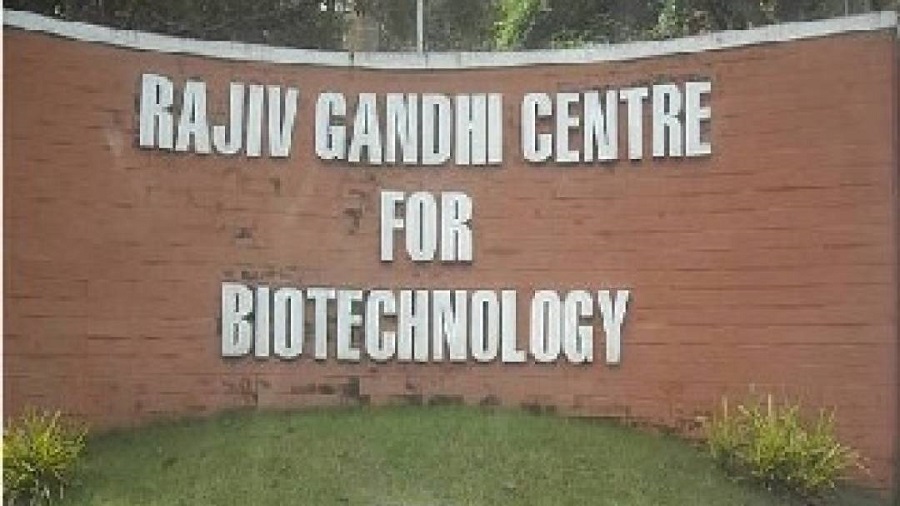

THIRUVANANTHAPURAM:
Looking at science through a holistic perspective will help understand and address in a better way the environmental, climatic, social and political issues of the world we live in, eminent scientist Prof P Balaram observed today.
Delivering the Foundation Day lecture at the Rajiv Gandhi Centre for Biotechnology (RGCB) here on “Chemistry, Biology and the Unity of Nature,” Prof Balaram, a distinguished biochemist, said the outbreak of Coronavirus pandemic has woken up the world to the interconnections of different disciplines in understanding nature and disease. RGCB Director Dr Chandrabhas Narayana presided.
“Why do I draw your attention to such a disparate group of subjects? It is because of the environment, climatic, social and political (realities of the world), in which we live today. Some reflection on the roles of chemistry and biology in shaping nature may allow us to introspect on the course of human history and attempt to understand why the world is the way it is,” Prof Balaram, former director of Indian Institute of Science, Bengaluru, and a Padma Bhushan recipient, said via videoconference.
“Understanding Coronavirus, for instance, needs both biology and chemistry. All organisms emit chemical signals. Human beings are the exceptions who communicate using sound and language. Why are there so much chemical diversity in biology? This understanding of the relationship between chemistry and biology is central to the success of all Indian institutions working on biochemistry and biology,” he said.
Noting that everybody is now trying to get into the details of Coronavirus, despite it being there for a long time, he said “if you want to understand biology properly and how organisms grow, mutate and respond you should have an understanding of the chemical processes taking place.”
Nothing could be more fallacious than the feeling that fundamental science has done all it could and it is time to turn to technology, he said “we still don’t know how from a mixture of chemicals a cell can be created.”
“Science is a deeply humbling subject…Any attempt to understand even the smallest of nature’s creations can be deeply humbling,” he said.
Emphasising the interconnections of various domains of knowledge, he said: “There are two technologies that take the centre stage now—Information Technology and Biotechnology. But when you look at these you find that both these technologies have their roots in fundamental science.”
Can cultural evolution influence biological evolution?, he raised a poser. Cultural traits can alter the selection process on genetic traits and vice versa, he said.
He also quoted from The Ascent of Man, written by Jacob Bronowski, which is an overview on the evolution of mankind into a superior species.
Responding to a question, during interaction, on the state study of science in Indian institutions, Prof Balaram said “excessive emphasis on techniques rather than concepts is dangerous”.
When asked if he thought that science and religion are in conflict, he said: “I don’t think we should mix up science and religion. It is best that they be kept apart. There is no conflict, absolutely”.
more recommended stories
KOCHI:Group Legrand India, a leading provider.
HYDERABAD:The G20 Global Land Initiative (G20.
LUCKNOW:Kangaroo Kids International Preschool, India’s No..
- 39 Indian Cities Among World’s 50 Most Polluted: Report
NEW DELHI:The Swiss firm IQAir in.
KOCHI:In a landmark research in assessing.
BENGALURU:IIIT Bangalore one of the renowned.
SHARM EL- SHEIKH:At the initiative of.
- SBI Donates 10 EVs Under the “Go Green” Initiative to AIIMS
MUMBAI:Under its Corporate Social Responsibility &.
KOCHI:The Directorate of Environment, & Climate.
MUMBAI:A total of 46,000 saplings of.